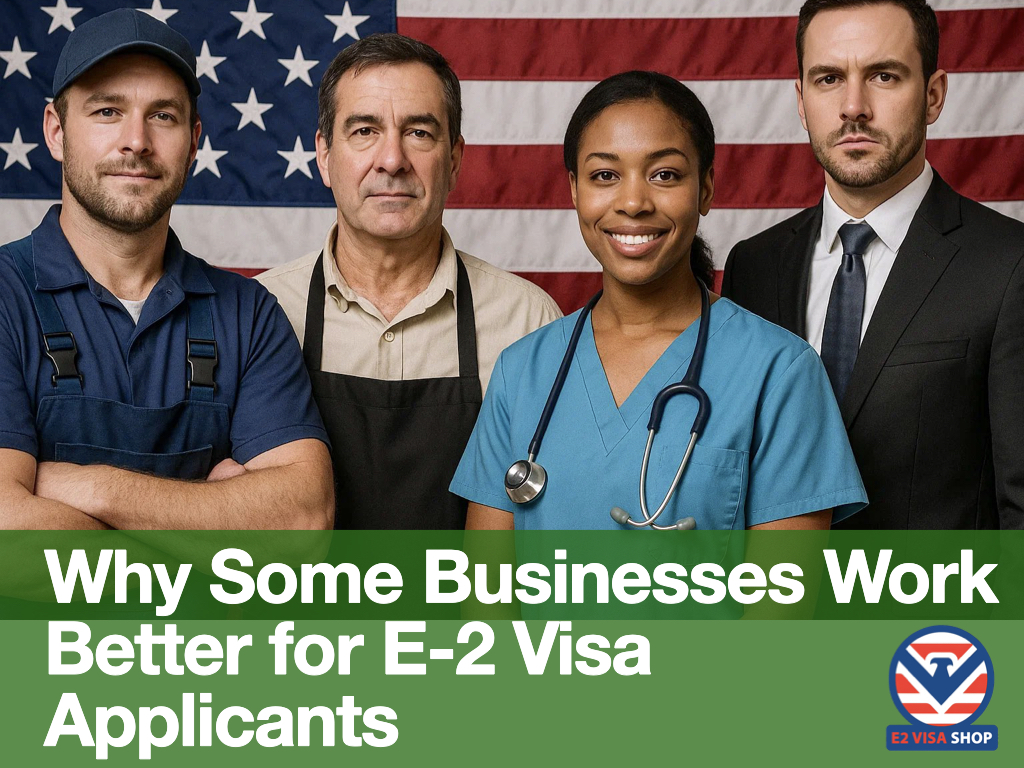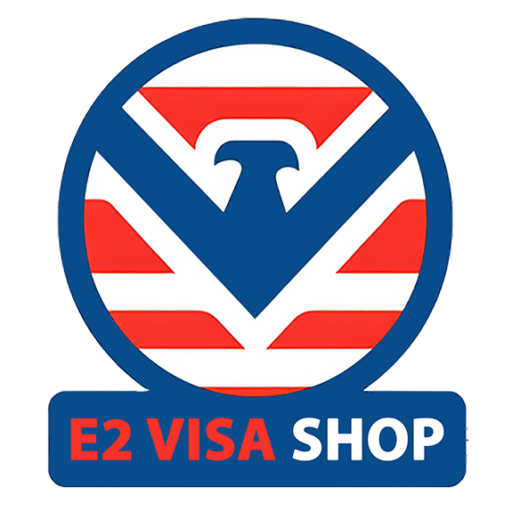
The E-2 visa is one of the most entrepreneur-friendly pathways to live and work in the United States. But here’s the catch: not all businesses are equally suited for it. To secure and sustain E-2 status, the business must meet specific immigration standards and be built to survive real-world market conditions — including economic slowdowns.
So what makes a business ideal for an E-2 applicant? These four traits aren’t just helpful — they’re essential.
1. Low to Moderate Investment Threshold
Let’s be realistic: not every applicant has millions to invest. Fortunately, the E-2 visa doesn’t require that. The law only mandates a “substantial investment,” relative to the type of business you’re launching. In practice, many viable businesses fall into the $100,000–$200,000 range — especially in service-based industries or lean franchise models.
A business that requires a manageable investment lets you stay flexible, reduce risk, and deploy capital strategically (e.g., toward marketing, equipment, or hiring rather than just startup overhead). For most applicants, starting lean but strong is the goal — and entirely possible with the right industry.
2. Strong Demand in All Economic Climates
When the economy slows down, consumer priorities shift — but they don’t disappear. Businesses that meet essential or emotionally “sticky” needs tend to hold steady. Think: auto repair, appliance servicing, discount retail, grocery, and basic health services.
This matters for two reasons. First, it protects your investment. Second, it supports the E-2 requirement that your business not be “marginal” — it must generate more than enough income to support you and your household. Recession-resistant demand helps make that happen.
Look for business models that solve everyday problems — the kinds of problems that won’t go away just because spending habits change.
3. Easy to Be Actively Involved (a Visa Requirement)
Passive investments won’t cut it. Under the E-2 visa, you must be actively engaged in developing and directing the business. That means owning a laundromat but hiring someone else to run it won’t qualify. You have to be on the ground — managing staff, marketing, operations, and financials.
Some businesses naturally make this easier. Service-based operations (like repair shops, cleaning companies, or specialty retail) often require hands-on oversight. That’s a plus for visa purposes, and it also gives you more control over performance in the early stages.
Choose a business where your day-to-day role adds real value. It helps your visa case and positions you for long-term growth.
4. Franchise Options Available for Added Support
Going it alone in a new country is tough — even tougher if you’re unfamiliar with U.S. customer behavior, licensing rules, or marketing expectations. That’s where franchising can make all the difference.
Many franchises are well-structured for E-2 applicants. They offer:
- Established business models
- Training and support
- Brand recognition
- Help with location, operations, and compliance
Franchises like auto repair centers, home services, discount retail, or even certain healthcare-adjacent operations often welcome foreign investors and have a track record of visa approvals. For someone starting fresh in the U.S., that support is worth its weight in gold.
Final Thought
A successful E-2 investment isn’t just about the money — it’s about choosing a business that plays to your strengths while satisfying U.S. immigration rules. The right fit will let you get started with a realistic investment, stay resilient during economic swings, keep you actively involved, and offer systems that support your success.
Look for these four traits, and you’ll find more than a visa opportunity — you’ll find a business that lasts.
